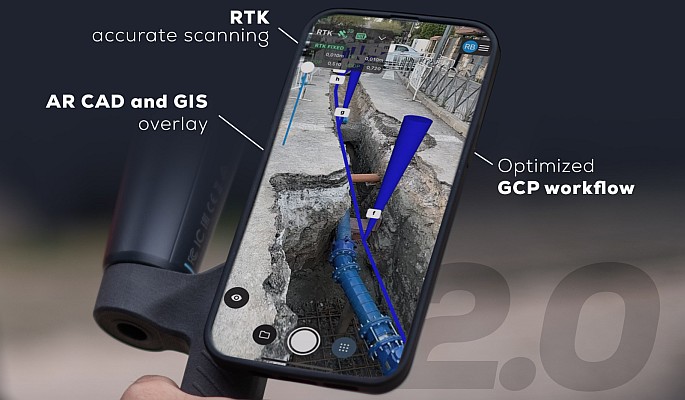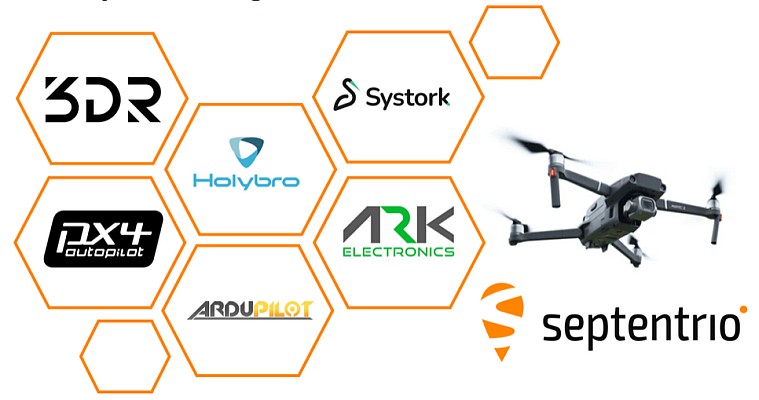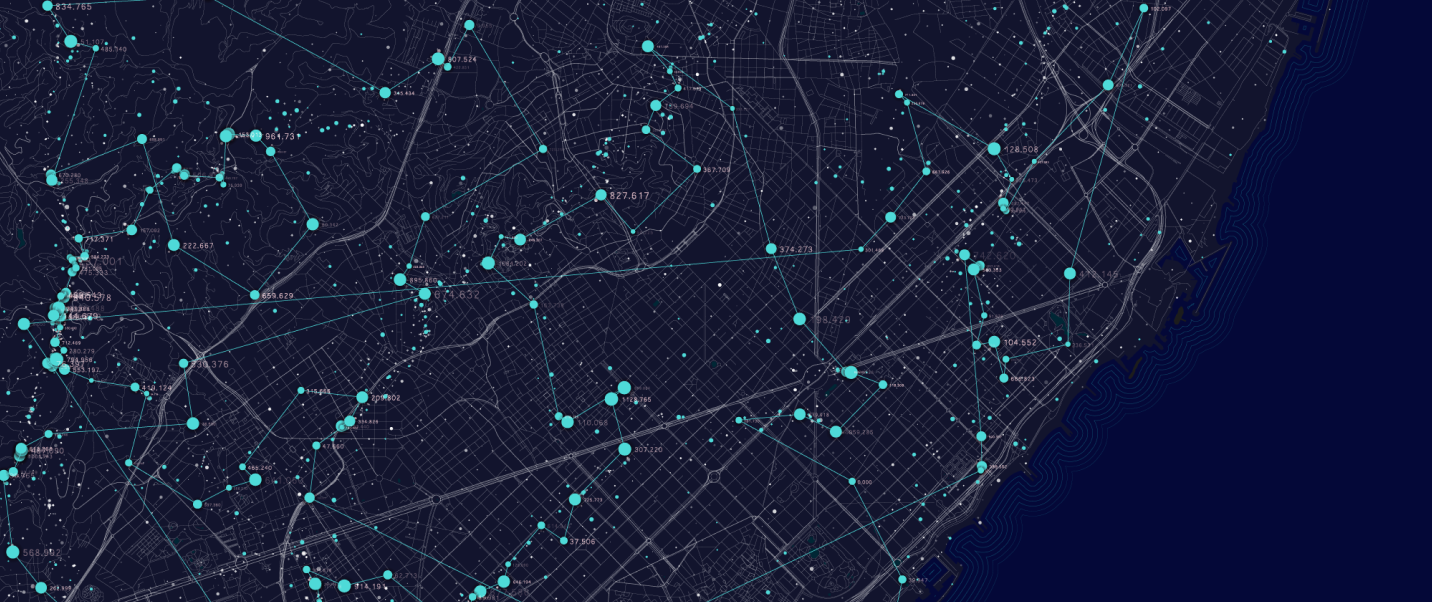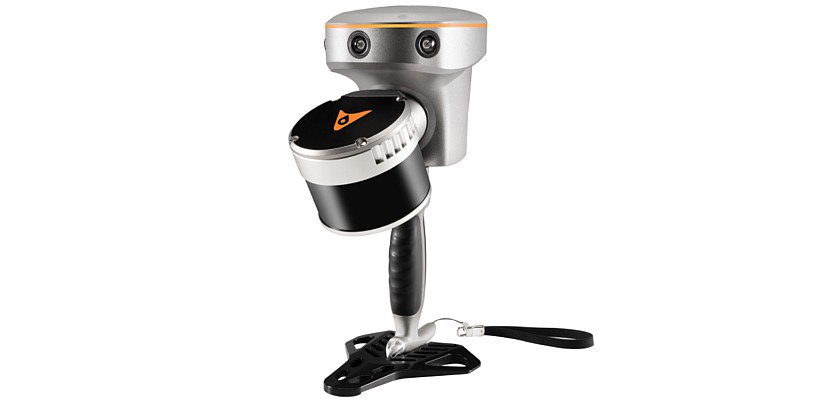The European Commission welcomes the agreement reached last night by the European Parliament and the Council in Conciliation on a directive creating INSPIRE – Infrastructure for spatial information in Europe.
INSPIRE will strengthen the knowledge base for environmental policy and make it more accessible to citizens, stakeholders and decision-makers. The directive will cover a very wide range of spatial data ranging from basic mapping information, such as geographical names and administrative units, to key environmental information such as emissions, environmental quality and location of protected sites.
At present, this type of data is not always available, nor is it always consistent enough for designing and implementing environmental policy. The new directive sets obligations on what the public authorities of the Member States do with the data they collect.
It was proposed by the Commission in 2004 but some Member States had difficulties with provisions requiring their public authorities to take a more open approach to the data they hold. The directive will now be formally adopted early next year and the Member States will then have two years to transpose it into national law.
"This is a good first step in moving towards a more open attitude to data policy within the EU. This is crucial if we are to make full use of the possibilities offered by modern information technology to support our policies", said Environment Commissioner Stavros Dimas. "Good policy depends on good information, and this directive will help improve both the availability and the consistency of the information we need."
The most controversial issues in the conciliation talks between Council and Parliament had to do with intellectual property rights, statistical confidentiality, how to charge the public for viewing data, and under what conditions data providers can charge other public authorities for data. It is on these issues that an agreement has finally been found.
Spatial information has the potential to present environmental information in a way that is both lively and understandable to citizens and stakeholders. It is crucial to improve environmental policy-making, ensure the implementation of existing environmental legislation, integrate environmental concerns into all relevant policy areas, and develop a more environmentally conscious attitude towards land use.
Public authorities holding data covered by the directive will have to share their data with other public authorities (e.g. EU institutions). They must allow the public to view data for free and buy the data for download and use over the Internet, and must comply with technical implementing rules to improve consistency.
INSPIRE will provide "meta-data" making it easier to search for the data and to assess its quality and potential use. Detailed technical rules will be developed for a wide range of spatial data themes in order to make it easier for different data sets to be combined.
For example, it will make it possible to combine emissions or environmental quality data with other types of geographical information (e.g. data on air quality can be combined with data on population density and epidemiological data to assess the health impacts of air pollution and target emission reductions). A portal will be developed to provide a single entry point for users to access the data.
Source: Europa – Gateway to the European Union






